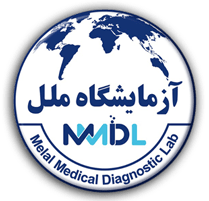o Hyperinsulinemic Hypoglycemia
Symptomatic hypoglycemia that is corrected with the administration of glucose is characteristic of hyperinsulinemic hypoglycemia. The cause should be investigated so that underlying conditions can be corrected. Hypoglycemia may constitute a medical emergency, as it can result in permanent neurologic defects or death. Patient history (eg, diabetes, drug history) should guide the investigation. Laboratory testing includes plasma glucose, insulin, proinsulin, insulin antibodies, C-peptide, beta-hydroxybutyrate, fatty acids, and therapeutic drug testing. A classic lab finding is hypoketotic hypo-fatty-acidemic hypoglycemia.
Panel test:
o C-Peptide (serum, plasma)
o Proinsulin, Intact
o Cortisol (serum)
o Insulin Antibody
References
Guidelines
1. Thornton PS, Stanley CA, De León DD, Harris D, Haymond MW, Hussain K, Levitsky LL, Murad MH, Rozance PJ, Simmons RA, Sperling MA, Weinstein DA, White NH, Wolfsdorf JI, Pediatric Endocrine Society. Recommendations from the Pediatric Endocrine Society for Evaluation and Management of Persistent Hypoglycemia in Neonates, Infants, and Children. J Pediatr. 2015; 167(2): 238-45. PubMed
2. Cryer PE, Axelrod L, Grossman AB, Heller SR, Montori VM, Seaquist ER, Service J, Endocrine Society. Evaluation and management of adult hypoglycemic disorders: an Endocrine Society Clinical Practice Guideline. J Clin Endocrinol Metab. 2009; 94(3): 709-28. PubMed

